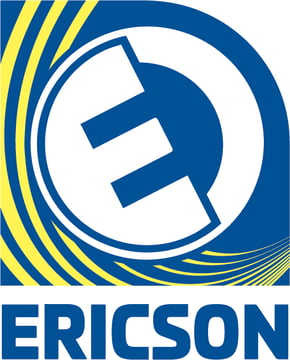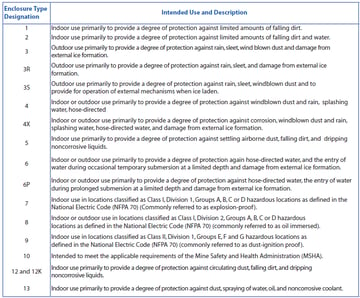March 12, 2024
Demystifying NEMA Plug Types: Which One is Right for You?
Written by: John Ericson III
Uncover the secrets behind NEMA plug types and discover which one suits your needs best.
Understanding NEMA Plug Types
NEMA plug types are standardized configurations of electrical plugs and receptacles used in North America. Understanding the different NEMA plug types can help you choose the right one for your specific needs.
There are various NEMA plug types available, such as NEMA 1-15, NEMA 5-15, NEMA 5-20, NEMA 6-15, NEMA 6-20, NEMA 10-30, and many more. Each type has its own set of specifications and intended applications.
When selecting a NEMA plug, it is important to consider factors such as voltage, current rating, grounding, and compatibility with your electrical devices.
Key Differences Between NEMA Plug Types
The key differences between NEMA plug types lie in their configuration and the electrical parameters they support. Some plugs have two prongs, while others have three. The prongs can be straight or angled, and they may vary in size and shape.
Additionally, NEMA plug types differ in terms of voltage and current ratings. Some plugs are designed for low voltage applications, while others can handle higher voltage levels. Current ratings also vary, with some plugs supporting higher currents than others.
Understanding these key differences is crucial in selecting the right NEMA plug type for your specific electrical requirements.
Factors to Consider When Choosing a NEMA Plug
When choosing a NEMA plug, there are several factors you should consider:
- Voltage requirements: Make sure the plug is compatible with the voltage of your electrical system.
- Current rating: Determine the maximum current your devices will draw and choose a plug that can handle that current.
- Grounding: Some NEMA plug types include grounding pins for added safety. Consider whether grounding is necessary for your application.
- Environmental conditions: If you will be using the plug in harsh environments, look for plugs with appropriate certifications for moisture, dust, and temperature resistance.
- Device compatibility: Check the requirements of your electrical devices and ensure they are compatible with the chosen NEMA plug type.
Considering these factors will help you select a NEMA plug that is safe, reliable, and suitable for your specific needs.
Common Applications for Different NEMA Plug Types
Different NEMA plug types are commonly used in various applications:
- NEMA 1-15: This plug is commonly found in residential settings and is used for low power devices such as lamps and small appliances.
- NEMA 5-15: This plug is the standard grounded plug used in most households for powering devices like computers, TVs, and kitchen appliances.
- NEMA 5-20: Similar to the NEMA 5-15, but with a higher current rating, this plug is often used for high-power devices like air conditioners and refrigerators.
- NEMA 6-15 and NEMA 6-20: These plugs are used for higher voltage applications, such as industrial equipment and power tools.
- NEMA 10-30: This plug is commonly used for electric dryers and ranges in residential settings.
These are just a few examples, and there are many other NEMA plug types available for different applications. Choosing the right plug type ensures compatibility and safety.
Tips for Proper Maintenance and Safety with NEMA Plugs
To ensure proper maintenance and safety when using NEMA plugs, consider the following tips:
- Regularly inspect the plugs for any signs of wear or damage. Replace any damaged plugs immediately.
- Do not overload the plugs or exceed their maximum current rating. This can lead to overheating and potential hazards.
- Make sure the plugs are securely inserted into the receptacles to avoid loose connections and arcing.
- Avoid using extension cords or adapters that are not designed for the specific NEMA plug type.
- Follow the manufacturer's instructions and guidelines for the proper use and maintenance of the plugs.
By following these tips, you can ensure the longevity and safety of your NEMA plugs.
More from the blog
View All Posts
Workplace Safety
2 min read
| June 12, 2018
Time for a Change: Our New Logo
Read More
Certifications and Regulations
1 min read
| May 9, 2017
What is NEMA, and What are its Enclosure Designations?
Read More
Jobsite Lighting
2 min read
| April 6, 2018
Why You Need Ericson LED Linear String Lights
Read MoreSubscribe to blog updates
Stay up-to-date on what's happening at this blog and get additional content about the benefits of subscribing.
